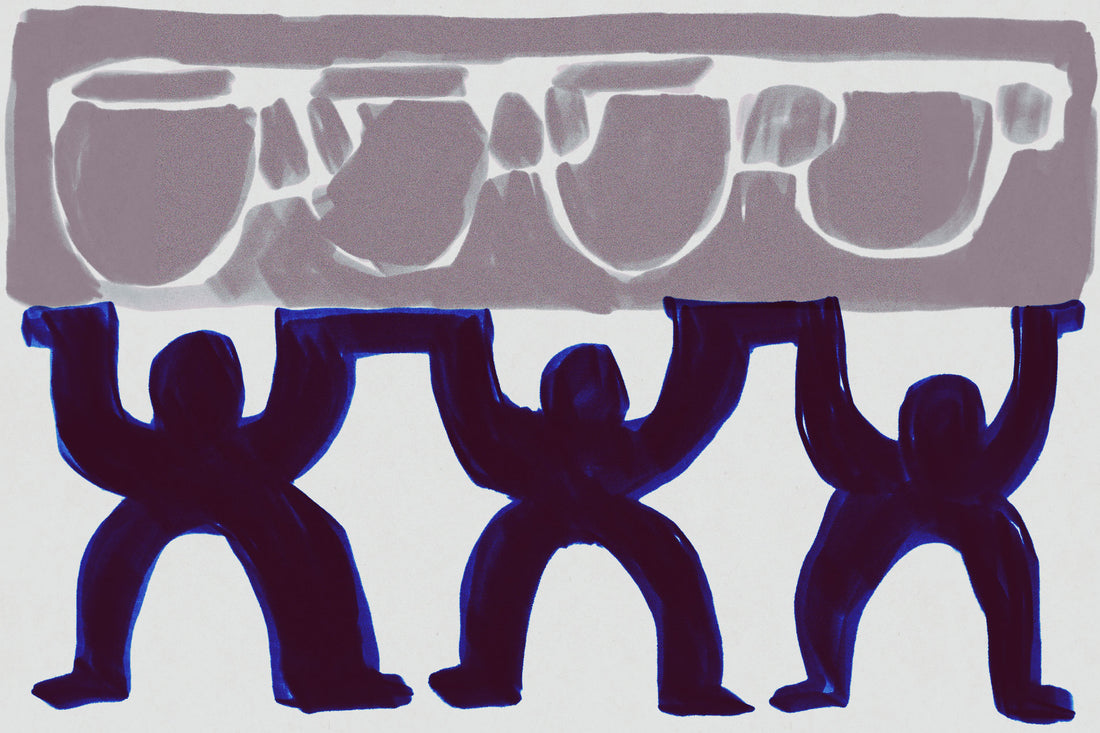From farm to cup: exploring coffee's traceability and ethical sourcing practices
Like many industries that operate internationally (and have connections to vulnerable communities), the coffee industry is often criticised for its lack of transparency and ethical sourcing practices. However, there is a growing number of companies (like us) that prioritise traceability and ethical sourcing practices, ensuring that each cup of coffee is not only delicious but also sustainable and socially responsible.
At Modus, our approach to traceability and ethical sourcing practices, and the positive impact it has on the coffee industry, is something we're hugely proud of. But why is it so important? What is our approach to this delicate supply chain? And what impact does it have within our industry?
Why is traceability and ethical sourcing practices within the coffee industry so important?
Like a good glass of wine, every cup of coffee tells a story. Some good, some not so good. By championing traceability and working closely with the farmers who supply our coffee beans, it means our guests - people like you - get a better understanding of where their coffee comes from and how it was produced.
But it's more than just a good feeling. Transparency within the coffee industry helps ensure fair wages and working conditions for farmers and their workers - without whom an establishment like ours wouldn't be possible.
The knock-on effect doesn't end there. When there is greater visibility on ethical sourcing practices, it encourages sustainable and environmentally-friendly farming practices. Less degradation of the land means a healthier ecosystem, which brings a more consistent crop yield and, in turn, improved livelihood for farmers.
Finally, and returning to our glass of wine analogy, traceability puts a greater emphasis on specific regions and farms that produce the best beans, rather than a blanket 'country' designation. It's the difference between a wine that's labelled "France" and "Bordeaux".
So, what's our approach to traceability and ethical sourcing practices?
If you've ever picked up a bag of Modus beans, you'll probably be familiar with at least part of how we approach traceability and ethical sourcing. Providing you with details about the beans' origin is just one aspect. Another, and a huge part of our reason for being, is that we saw there was a significant opportunity in the market to work closer with farmers and cooperatives to source high-quality and sustainable coffee beans.
We've visited the farms where our beans are grown. We've spoken to the farmers and their families. To us, everything is connected - from farm to cup. And seeing both ends of the production line, we want to make sure that farmers are paid fairly for their beans and have access to resources to improve their crops. That's just win/win.
How traceability and ethical sourcing impact our industry.
An industry without traceability is like an alleyway without streetlights - anything could happen in the dark without anyone bearing witness. So the more companies that champion traceability, the more streetlights come on, and the more companies are forced to be held accountable for their actions.
Similarly, it also encourages more companies to adopt more sustainable practices in their production process. So, not only do farmers and consumers win, but the ecosystem wins too.
And by far the most rewarding part of traceability and ethical practices is fostering a more direct relationship between consumers and farmers, which can lead to fairer prices for farmers, and this helps to improve the livelihoods of not just the coffee farmers but their whole community too.
Traceability and ethical sourcing practices are essential in the coffee industry, and at Modus Coffee Australia, we're setting the standard for sustainable and socially responsible coffee sourcing. By working with farmers and cooperatives and prioritising transparency and sustainability, we are creating a more ethical and environmentally-friendly industry.
If you're a coffee lover (and you must be if you're reading this article), please consider supporting more companies like ours that prioritise traceability and ethical sourcing practices in their production process.
